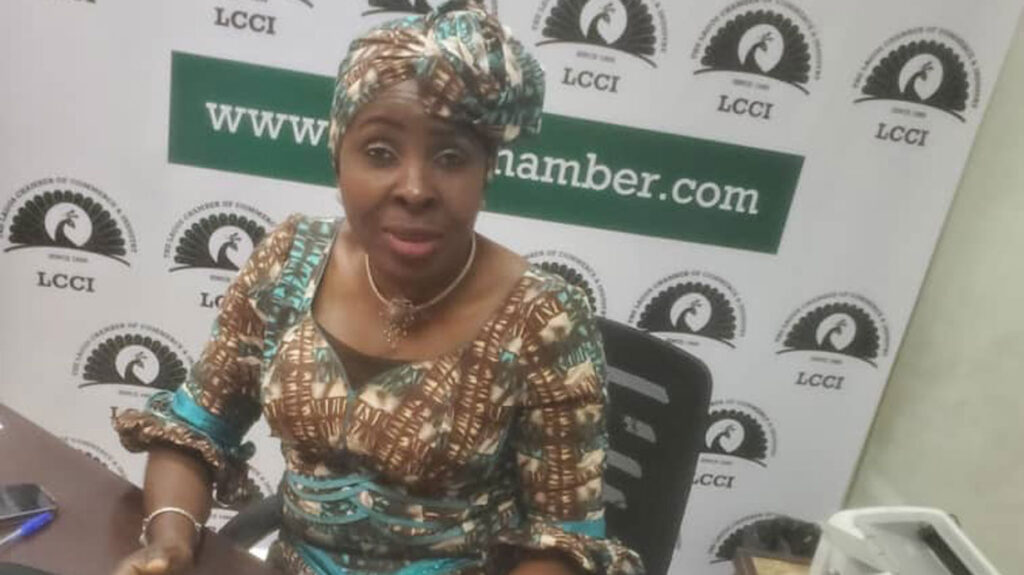
Achieving the ambitious targets of the 2030 and 2063 Agendas requires leveraging the power of science, technology, and innovation (STI) to fight multidimensional vulnerabilities so Africa can move from crisis to sustainable development.
During a session on STI at the Ninth African Regional Forum on Sustainable Development, experts emphasised the crucial role of STI as a key driver and enabler for ensuring economic growth, improving well-being, mitigating the effects of climate change, and safeguarding the environment.
They also underscored the need to strengthen national and regional STI ecosystems by fostering innovation, promoting entrepreneurship, and investing in research and development. By doing so, Africa can harness the potential of STI to accelerate its socio-economic progress and achieve the Sustainable Development Goals (SDGs) by 2030 and the African Union’s Agenda 2063.
The session, held recently, builds on the recommendations of the Fifth African Science, Technology, and Innovation Forum, which accentuates the central role of STI and digitisation during the Covid-19 pandemic and the need for the necessary infrastructures for the development of STI, plans, and policies that are action-oriented towards strengthening its full implantation.
The experts highlighted that despite advances in STI, significant gaps remain in bridging the scientific and technological divide between developed countries and Africa. The highly uneven global distribution of scientific capacity and access to knowledge threatens to derail the goal of leaving no one behind, which is the central and transformative promise of Agenda 2030.
“We need a clear political will from governments to ensure science, technology, and innovation is a reality. By doing so our education systems will be able to deliver knowledge that is vital to solving Africa’s sustainability challenges,” said Mamoudou Djibo, Minister for Higher Education and Research, Niger.
In the wake to achieve ‘the Africa we want,’ a 10-year STI strategy was adopted by the African Union. The strategy includes the establishment of universities as centers for excellence and investments in education, technical competencies, and training in the fields of science, technology, research, and innovation. These initiatives are crucial in accelerating progress towards achieving global goals. However, in order to fully leverage the potential of STI, significant investments in research and development are required.
National systems also need to be strengthened, as articulated by Emma Theophilus, Deputy Minister of Information and Communication Technologies, Namibia: “Strengthening our national systems for STI is a key game changer for rapid structural transformation in Africa. Leveraging digital transformation can achieve a stronger, smarter, and more inclusive recovery.”












